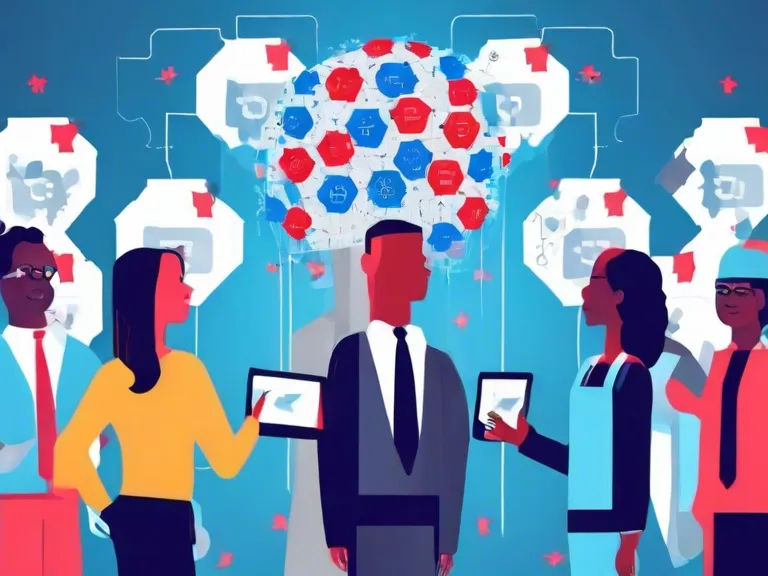
Artificial Intelligence in Governance: The Future of Smart Policy-Making
In recent years, the integration of artificial intelligence (AI) in governance has been rapidly increasing, revolutionizing the way policy-making processes are conducted. With the vast amount of data available to governments and the complexity of social, economic, and environmental issues they face, AI offers a powerful tool to analyze data, predict outcomes, and inform policy decisions.
One of the key areas where AI is making a significant impact is in data analysis. Governments collect massive amounts of data from various sources such as citizen feedback, social media, and sensors. AI algorithms can process this data quickly and efficiently to identify trends, patterns, and correlations that human analysts may not be able to detect. This enables policymakers to make more informed decisions based on data-driven insights.
Another critical role of AI in governance is in the prediction of outcomes. By using machine learning algorithms, governments can forecast future scenarios based on historical data and performance metrics. This predictive analysis can help policymakers anticipate potential challenges, allocate resources more effectively, and design policies that are more likely to achieve the desired outcomes.
Furthermore, AI can enhance citizen engagement and participation in the policy-making process. Chatbots and virtual assistants can provide personalized information and services to citizens, improving accessibility and transparency. Natural language processing tools can analyze public feedback and sentiment to gauge public opinion on different policy issues, enabling governments to tailor their policies to better meet the needs and preferences of their constituents.
However, the integration of AI in governance also presents challenges, such as concerns about data privacy, bias in algorithms, and accountability. It is crucial for policymakers to address these issues and ensure that AI technologies are used ethically and responsibly.
In conclusion, artificial intelligence has the potential to revolutionize governance by enabling smarter, data-driven policy-making processes. By leveraging AI technologies, governments can improve efficiency, effectiveness, and responsiveness in addressing complex societal challenges. As AI continues to evolve, it will be essential for policymakers to embrace these technologies and harness their benefits for the betterment of society.



